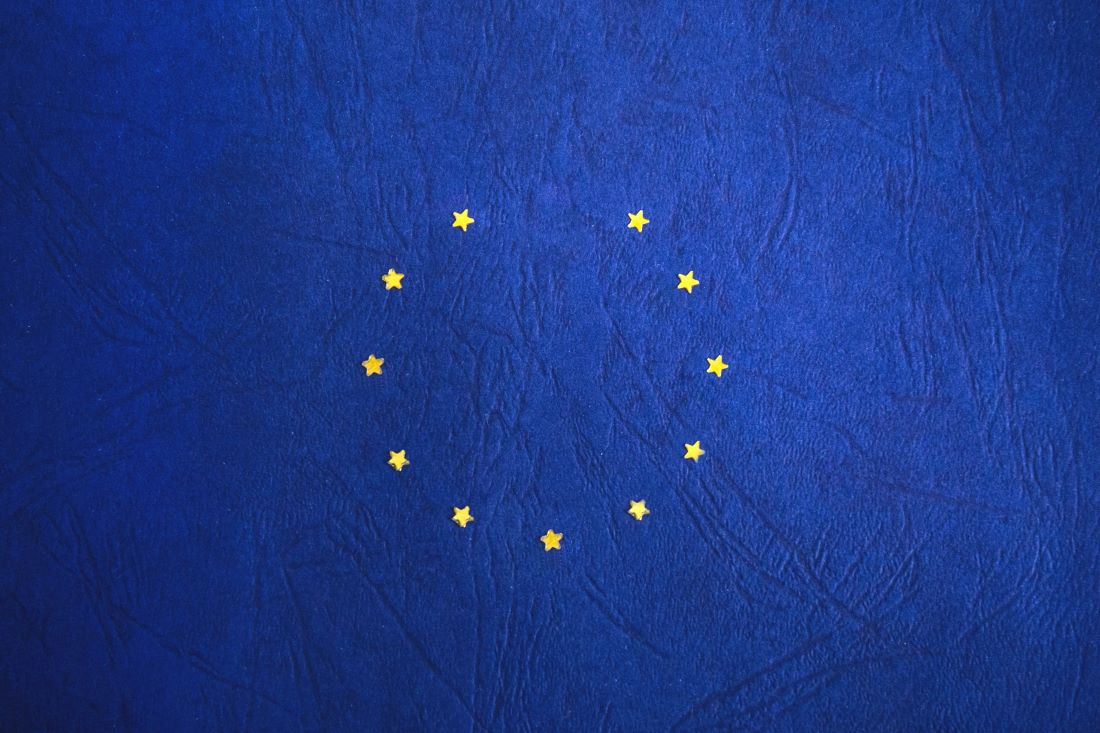How the GDPR redefines data collection processes
The GDPR, slated to go on stream on May 25, 2018, sets the new foundations for the use and processing of personal data in a buoyant global environment, where the IoT has become commonplace. The regulation applies not only to all players in the EU, but also to foreign organizations that process personal data related to EU citizens. This is a first-of-its-kind for such organizations, as they will be liable for delivering three new rights that the regulation grants to all EU citizens: the right to information, the right to explicit consentment, and the right to be forgotten.
Designing UCOPIA solutions with the GDPR in mind
With regards to the GDPR coming into effect, UCOPIA has revamped its offerings to comply with the provisions of the regulation and to support both partners and customers who are willing to ensure their own regulatory compliance combined with foolproof security for personal data.
While the solution provides players who are subject to the GDPR with the means to ensure their compliance, there is an equal need to ensure that existing solutions also meet the regulatory requirements.
GDPR: what’s ahead?
In concrete terms, the GDPR establishes a legal framework that defines the use and processing of personal data by companies. One of its key objectives is to provide citizens with an insight into how their personal data is collected and used and, of course, secured.
UCOPIA will support its partners to make the most appropriate use for the new offering.
Databases must be classified according to the purpose they serve: legal or marketing. The collection of personal data must be performed in compliance with applicable laws, including antiterrorist laws that require the retention of logs and their disclosure to official authorities in case of an investigation.
Meanwhile, the availability of opt-in and opt-out features, and of processing records, will help provide users with a personal account to manage their data. Specifically, such data should be deleted from marketing databases upon the user’s request.
Somehow, businesses might believe that the RGPD will deprive them of a share of their data. Yet, this is also the opportunity for them to transition from a quantitative to qualitative emphasis, with the goal of designing marketing strategies that are more targeted and detail-oriented, and fostering a better and more qualified audience. To achieve this, there will be an urge to improve upon engagement with users by offering them a truly attractive experience.








